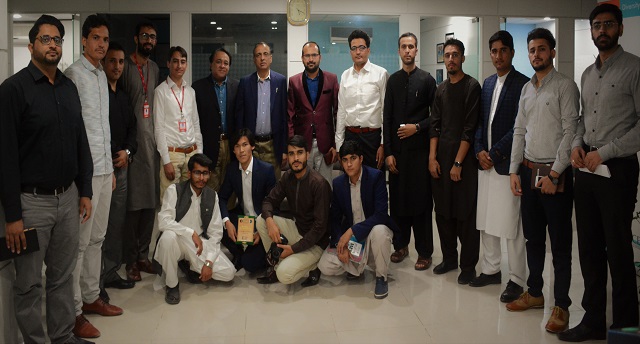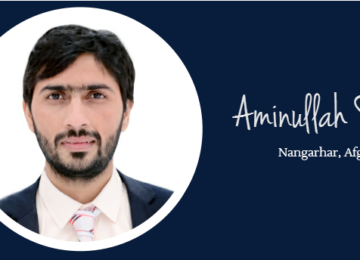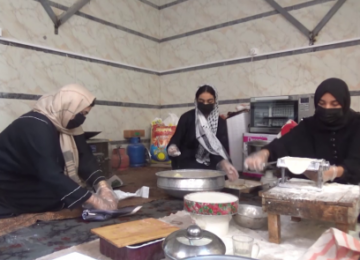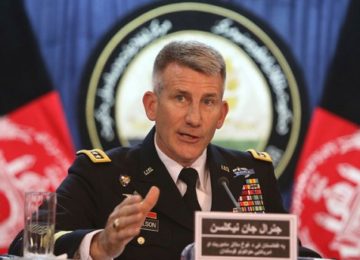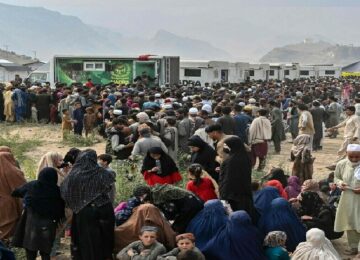October 24, 2018
Only 41% of Afghanistan’s population has access to electricity, including both on-grid and off-grid, with the average consumption of the country standing at approximately 25kWh/capita per annum or lower in comparison to the world average of 3060 kWh/capita per annum. Even this low per-capita level of electricity access masks significant urban-rural disparities, as even less than 10% of the supplied electricity reaches rural areas.
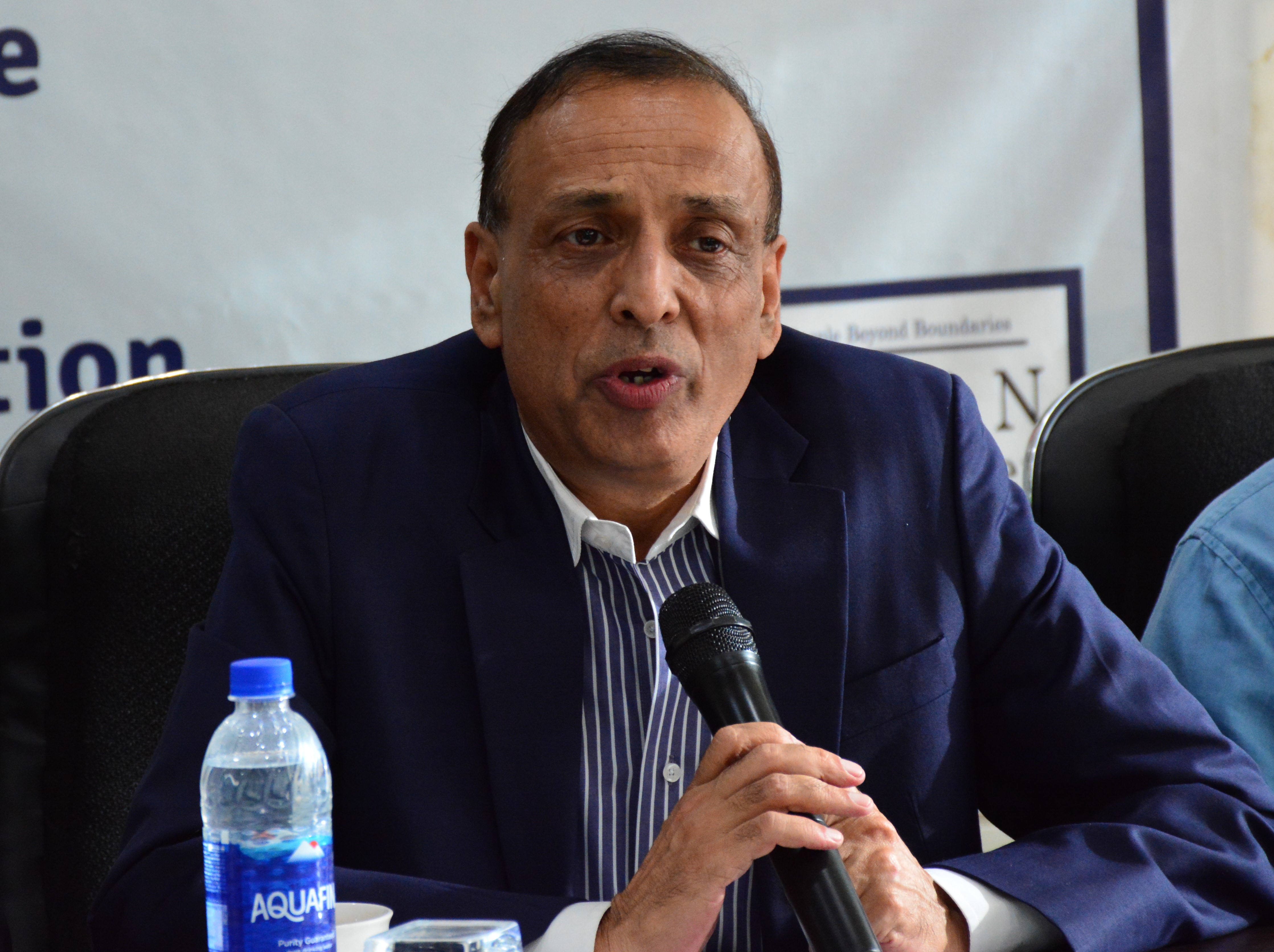
To meet the remaining electricity demand, alongside imports, the untapped domestic energy resources of Afghanistan could significantly aid in catering to the energy needs of the Afghan people, if utilized optimally, said Engineer Arshad H. Abbasi – energy expert and glaciologist – who was the Chief Guest and Keynote Speaker at the 17th Pak-Afghan Youth Dialogue at Afghan Studies Center on the theme “Economic Growth in Afghanistan Using Cheap Energy as Engine for Regional Peace” on October 24, 2018. Speaking to the youth present at the dialogue from Afghanistan and Pakistan, he stated that Afghanistan should now move towards employing natural resources as a primary source of energy instead of conventional non-renewable resources. The dialogue was attended by more than 20 young Afghans and Pakistanis belonging to Peshawar, Quetta, Islamabad, Kabul, Jalalabad, Kunduz, and other cities from both countries, and mostly enrolled in universities across Islamabad.
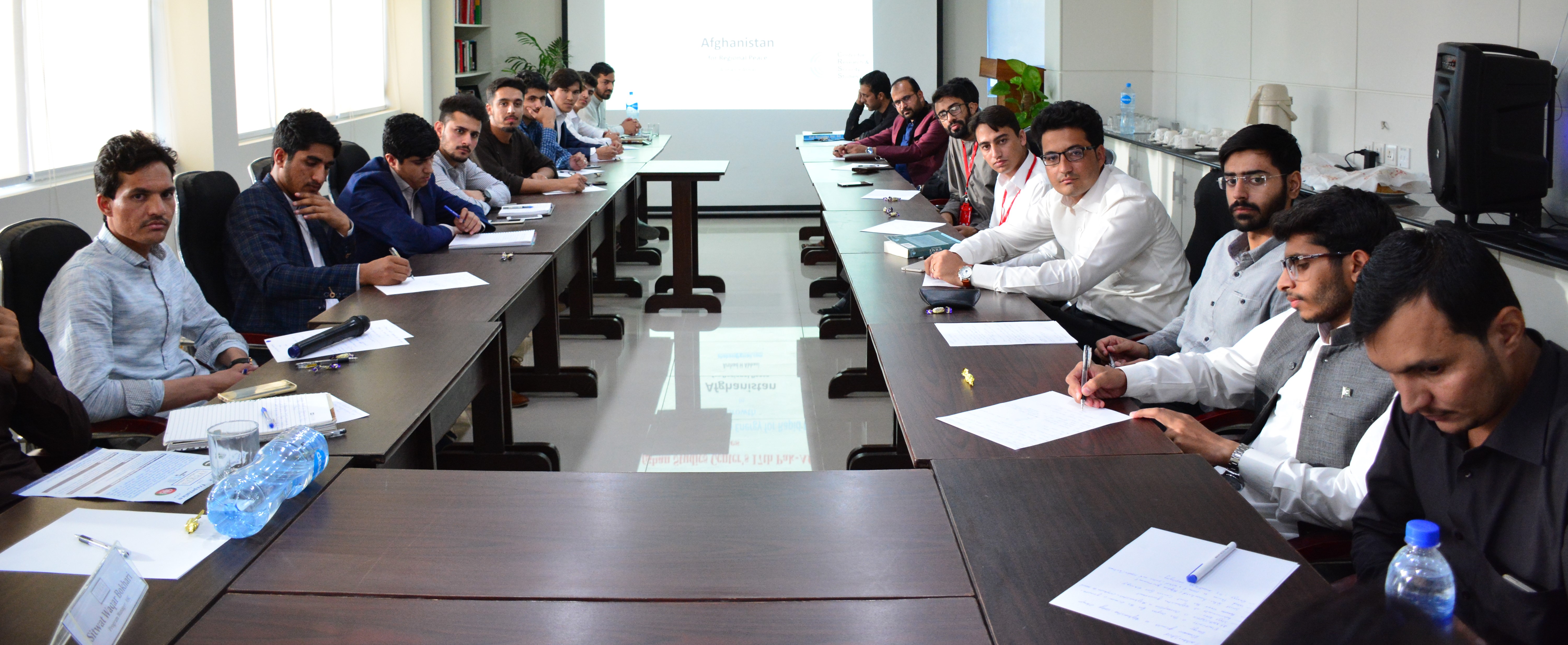
According to World Bank’s statistics, the potential of power generation through hydropower resources in Afghanistan is about 23,310 MW. In the same manner, Afghanistan has even greater potential of power generation through its wind and solar resources. However, while donors have overstretched their funds to other issues, energy needs have been greatly overlooked. To progress in this direction, there is a need to undertake proper strategies and planning. Energy projects with regards to the massive potential of coal, oil and gas can also bring a lot of investors by creating a win-win situation not only for the foreign investors, but also for Afghans by overcoming the prevailing energy crisis to some extent. This could additionally also provide employment opportunities to Afghans, aiding in strengthening the overall economy of the country.
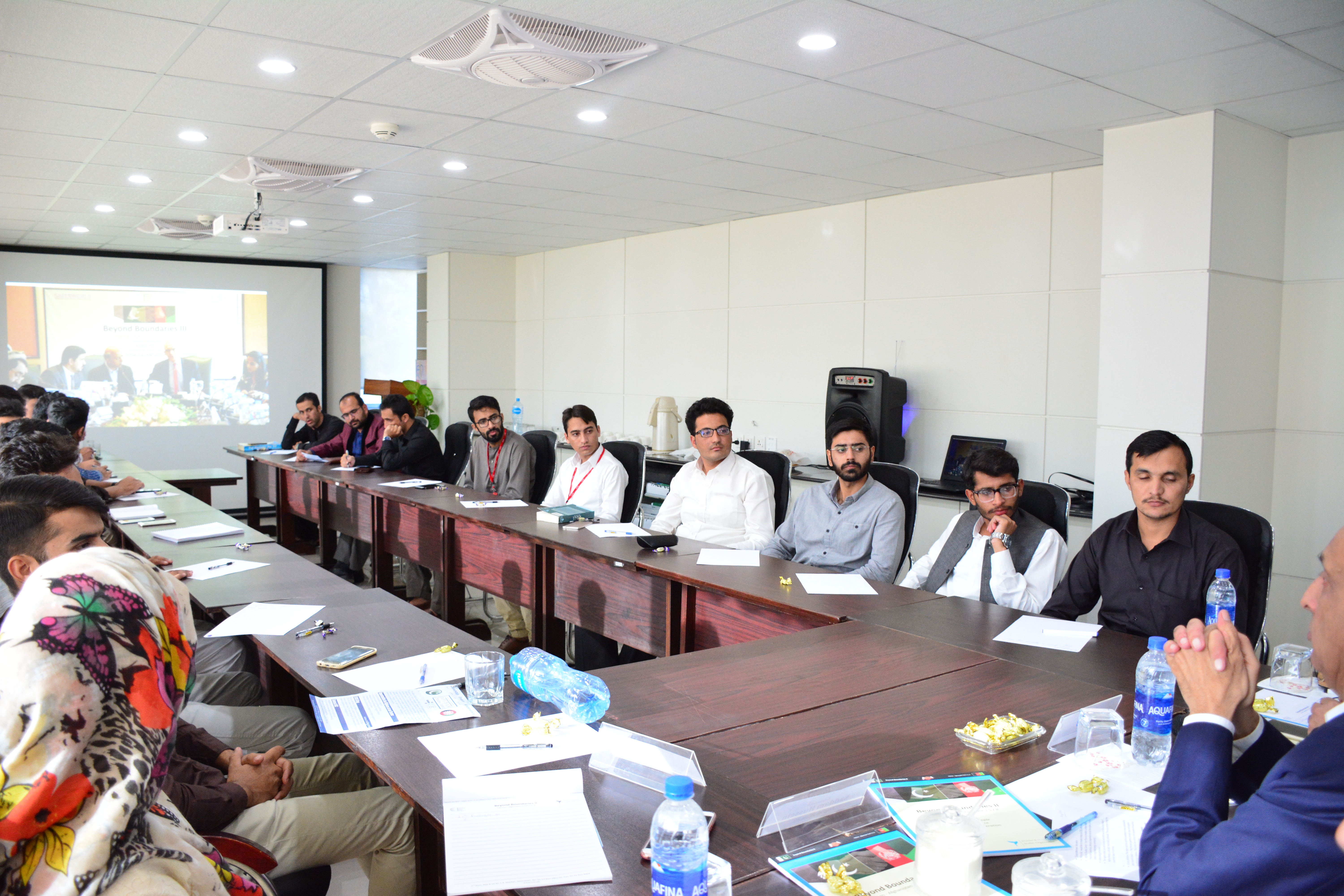
Keeping in view Afghanistan’s population ratio of rural to urban areas, which stands at 75:25, and diverse tribal groups, an ideal solution for the Afghan people would be empowering the local communities to develop their own power generating micro-grids, suggested Arshad Abbasi. This would address the issue of disparity between different ethnic groups, as well as giving them the leverage to maintain their control over the area, while regulating the scattered energy resources within their territory; hence, encouraging inclusive development and ultimately, better governance of the country.
In this regard, the civil society could aid in facilitating the local communities to develop small renewable energy businesses by establishing independent Small and Medium Enterprises (SMEs) at the community level. The development of SMEs using local energy sources; such as wind, solar, mini-hydro, biomass, biogas and geothermal, could also help to generate local direct and indirect employment. This, as a result, will not only help alleviate poverty but possibly also counter the menace of terrorism.
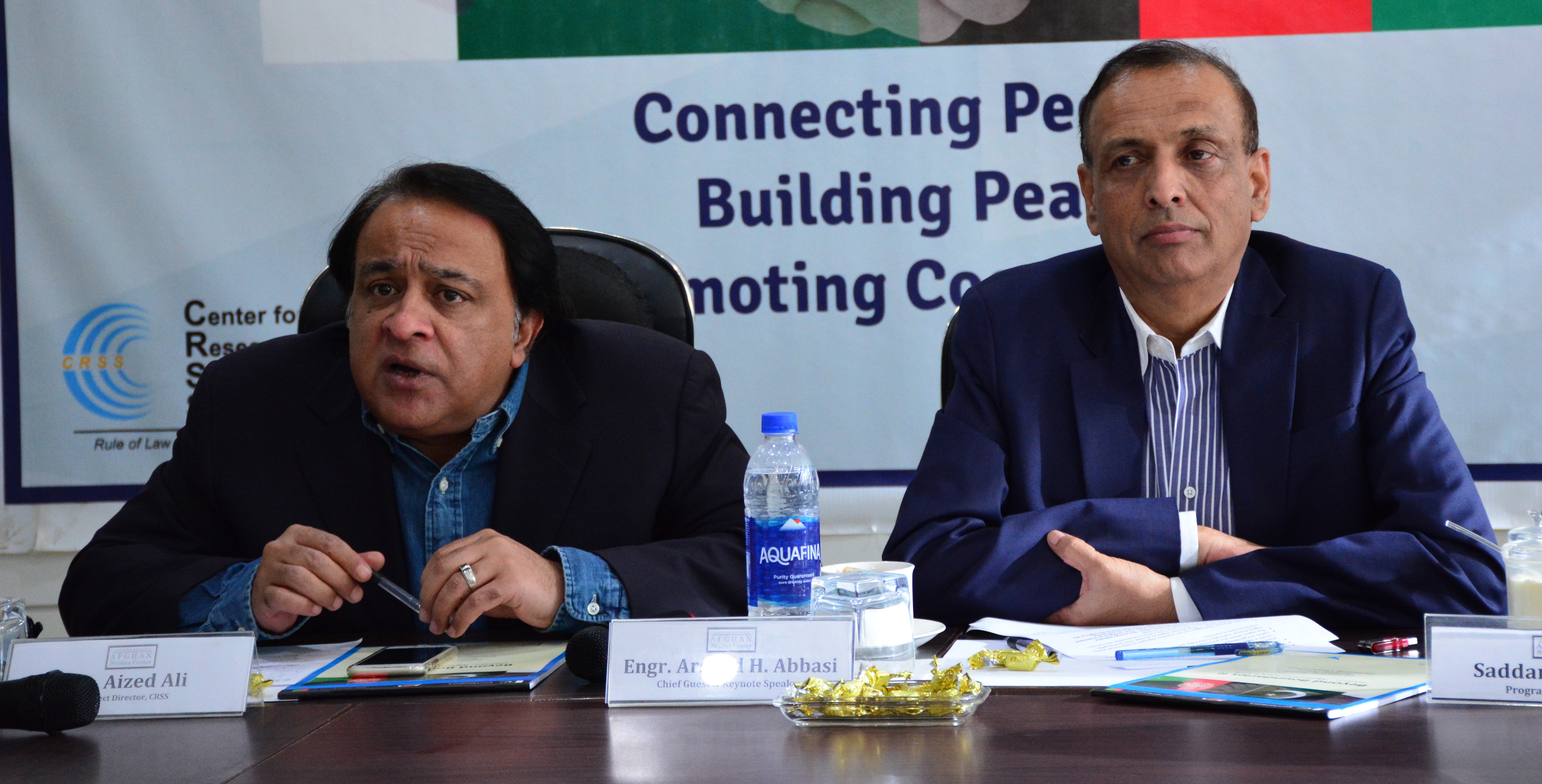
Earlier, CRSS Project Director Aized Ali, who was moderating the session, apprised the participants about the ongoing CRSS Pak-Afghan Track 1.5/II Initiative ‘Beyond Boundaries’ which has so far convened 16 high level unofficial meetings since 2015 between the two Pak Afghan influencers’ groups, involving over a hundred experts from Parliament, retired civil and military bureaucrats, media and civil society leaders. Mainly in Kabul and Islamabad, but also in other major cities such as Karachi, Lahore, and Mazar-e-Sharif, these meetings and their follow-up activities aimed to bridge the gulf of mistrust and improve bilateral relations between Pakistan and Afghanistan. He told the participants that the Afghan Studies Center emerged from the ideas discussed at Beyond Boundaries in an effort to provide the youth of both countries a platform to inculcate critical, creative and out-of-box thinking, and to dispassionately interact, exchange ideas and cooperate to remove the distrust and misperceptions that exist.
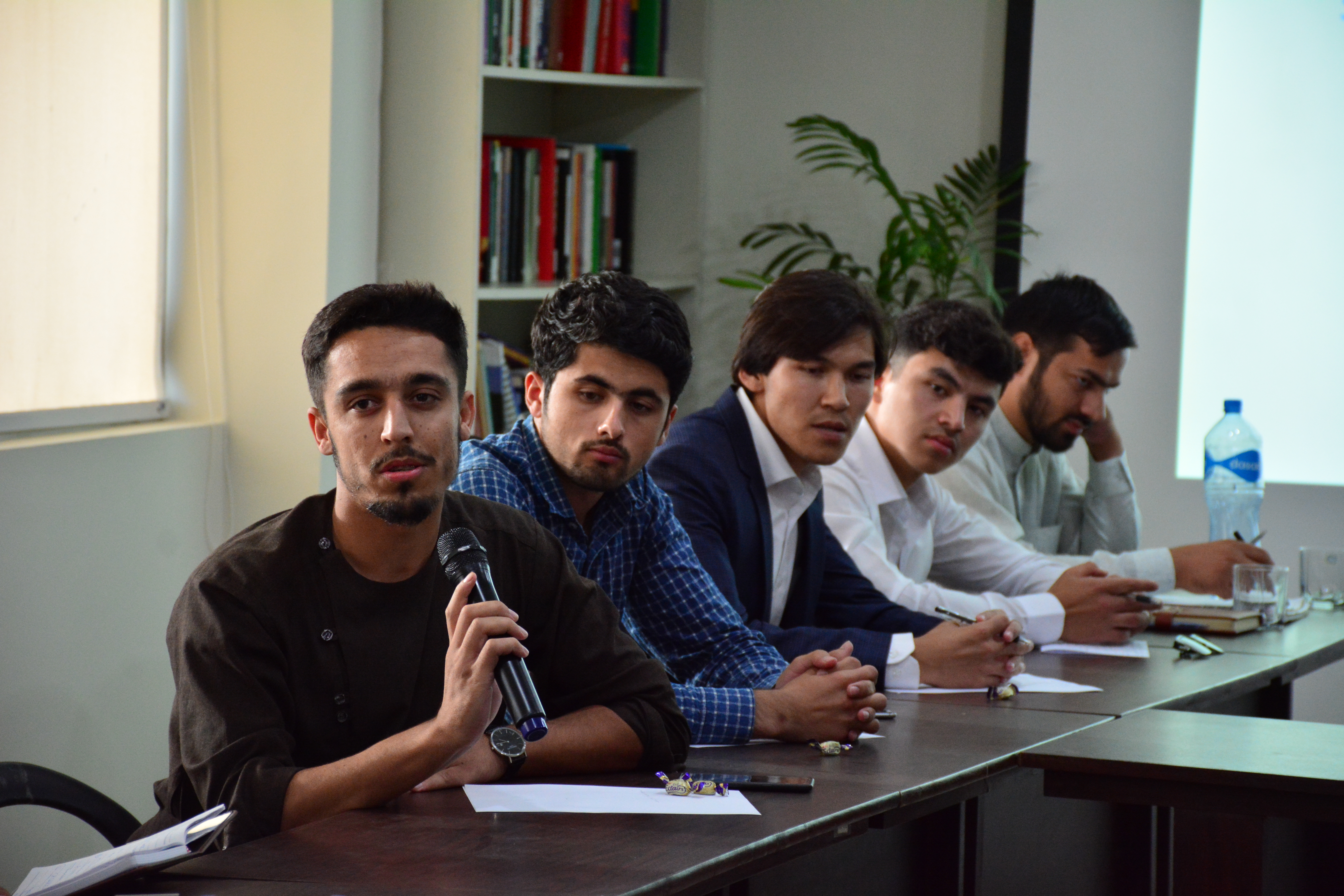
In the Q & A session, participants raised several questions regarding the provision of finances for aforementioned ventures, reduction in transmission and distribution losses, and viability of such projects in terms of security environment.
Responding to the questions by the young participants, Engineer Abbasi said that there is a policy gap; energy security of Afghanistan must be brought on agenda of international aid organizations and donors to help assist Afghanistan in this regard. Commenting on controlling transmission and distribution losses, the idea is ‘generate locally, distribute locally’. On security aspect, Abbasi told the participants that security and development go hand in hand. One can not wait for peace to carry development projects. Energy is one of the most significant drivers of economic activity, resulting in increased employment opportunities. It will help in curbing terrorism/extremism in the long run as well.
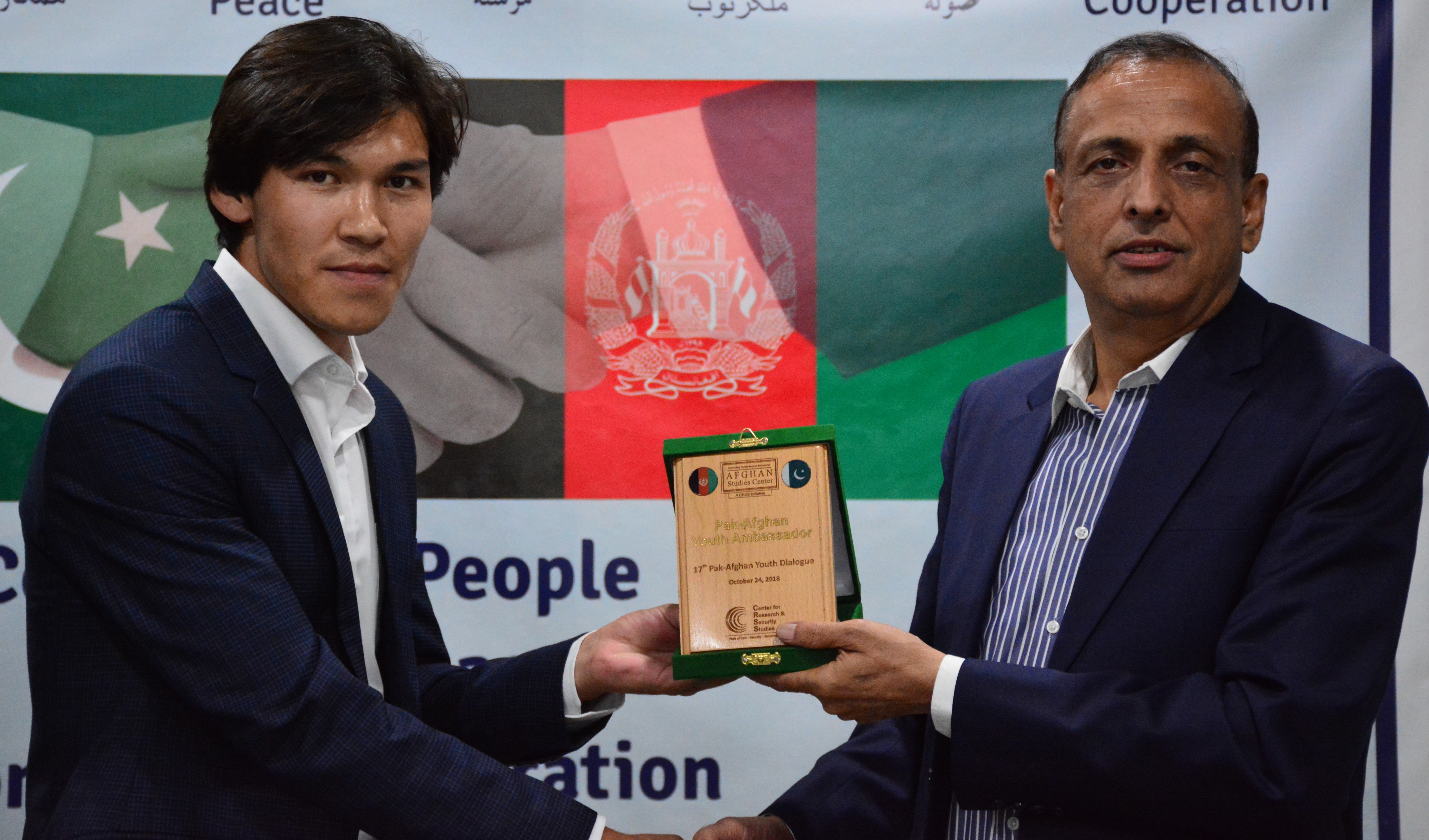
At the end, the Afghan Studies Center (ASC) team nominated Ali Jafari from Afghanistan as the Pak-Afghan Youth Ambassador for the month of October 2018, who was then presented a shield by the Chief Guest. The ASC team also presented an honorary shield of appreciation to the Chief Guest, Engineer Arshad H. Abbasi.
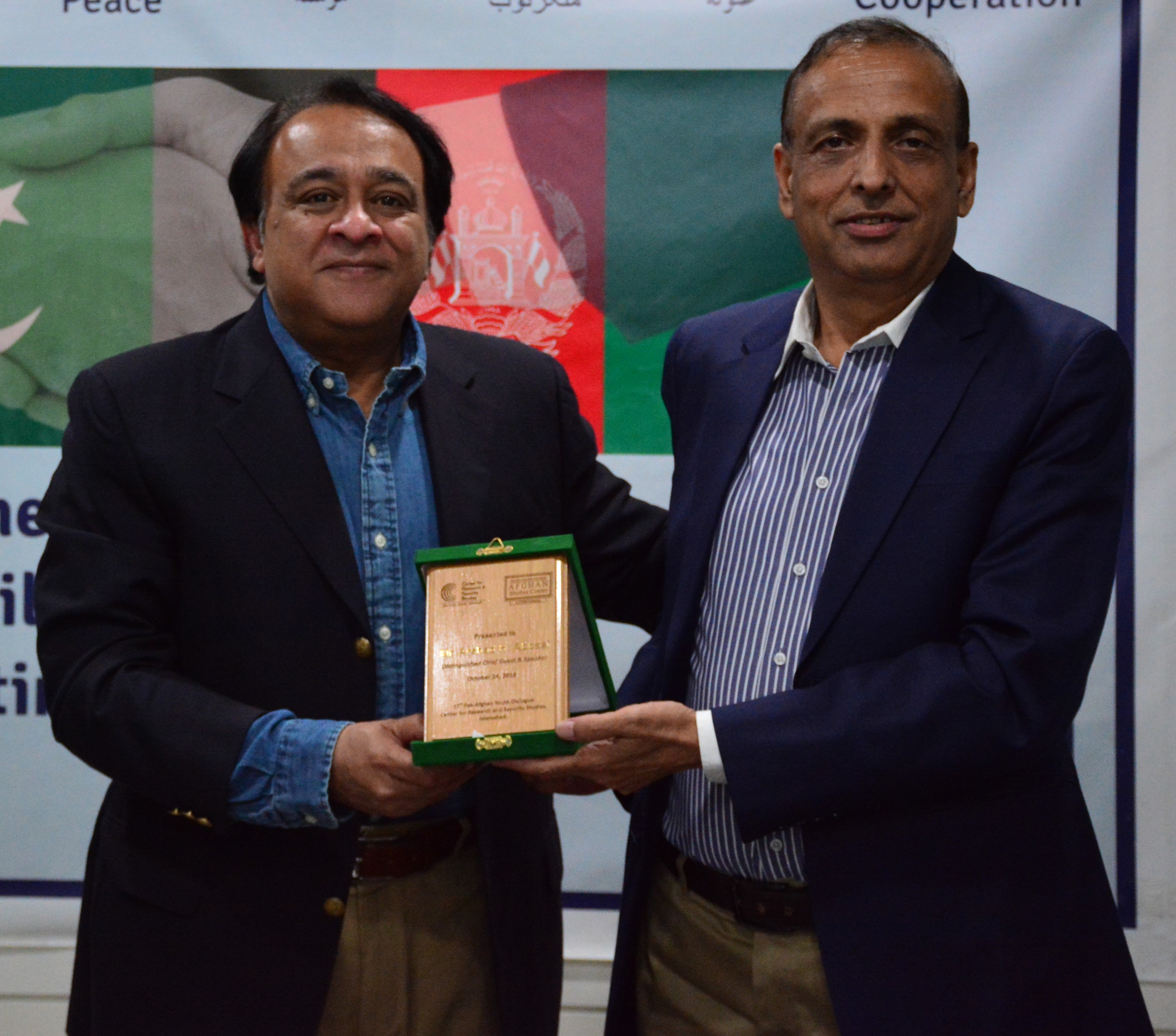
This was the 17th Pak-Afghan youth dialogue held under the Afghan Studies Center – an initiative of CRSS – which has now an alumni of over 400 Pakistani and Afghan youth now. Afghan Studies Center aims at encouraging peace narratives and critical thinking through its monthly Pak-Afghan youth dialogue series, and quarterly training workshops, which focus on the skill development and capacity building of emerging future leaders from both countries.
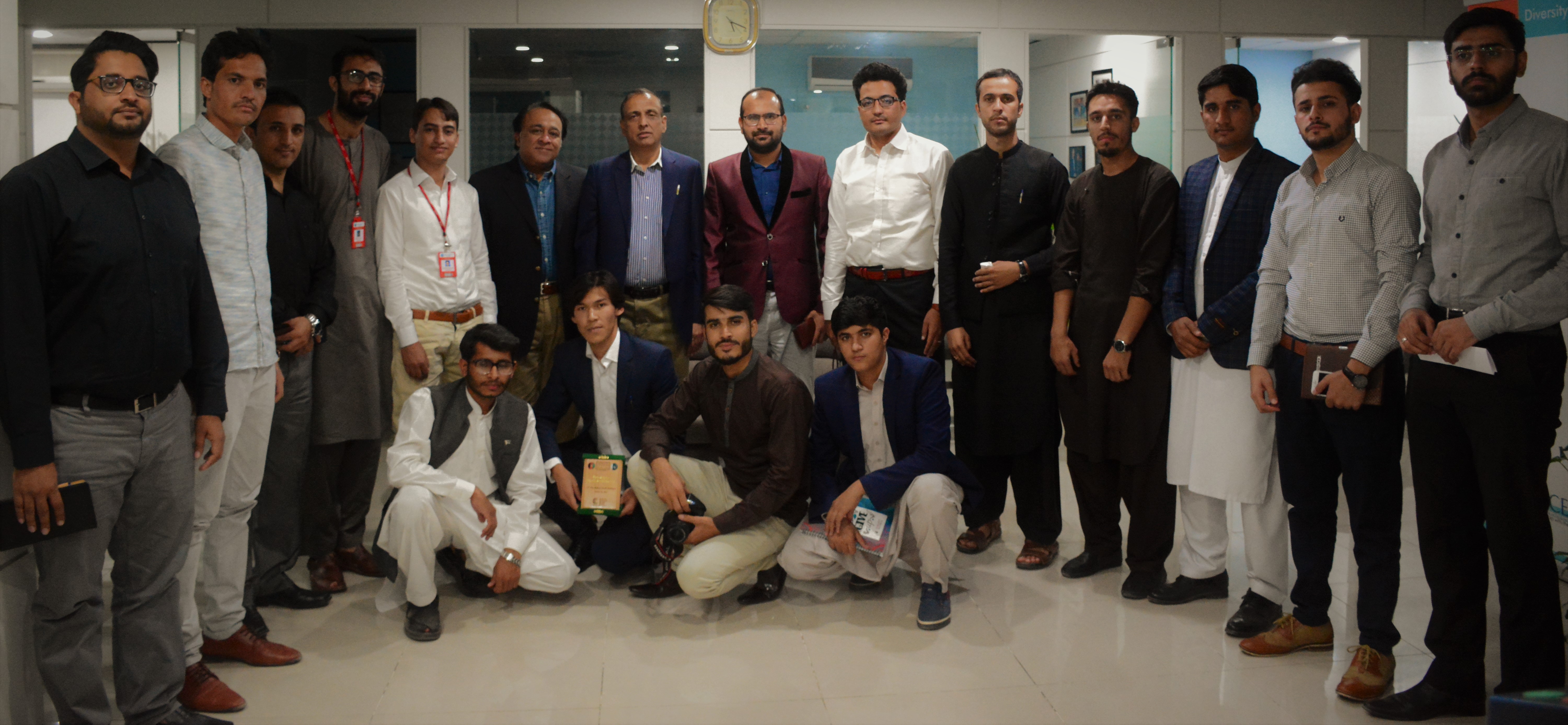
© Center for Research and Security Studies (CRSS) and Afghan Studies Center (ASC), Islamabad.



